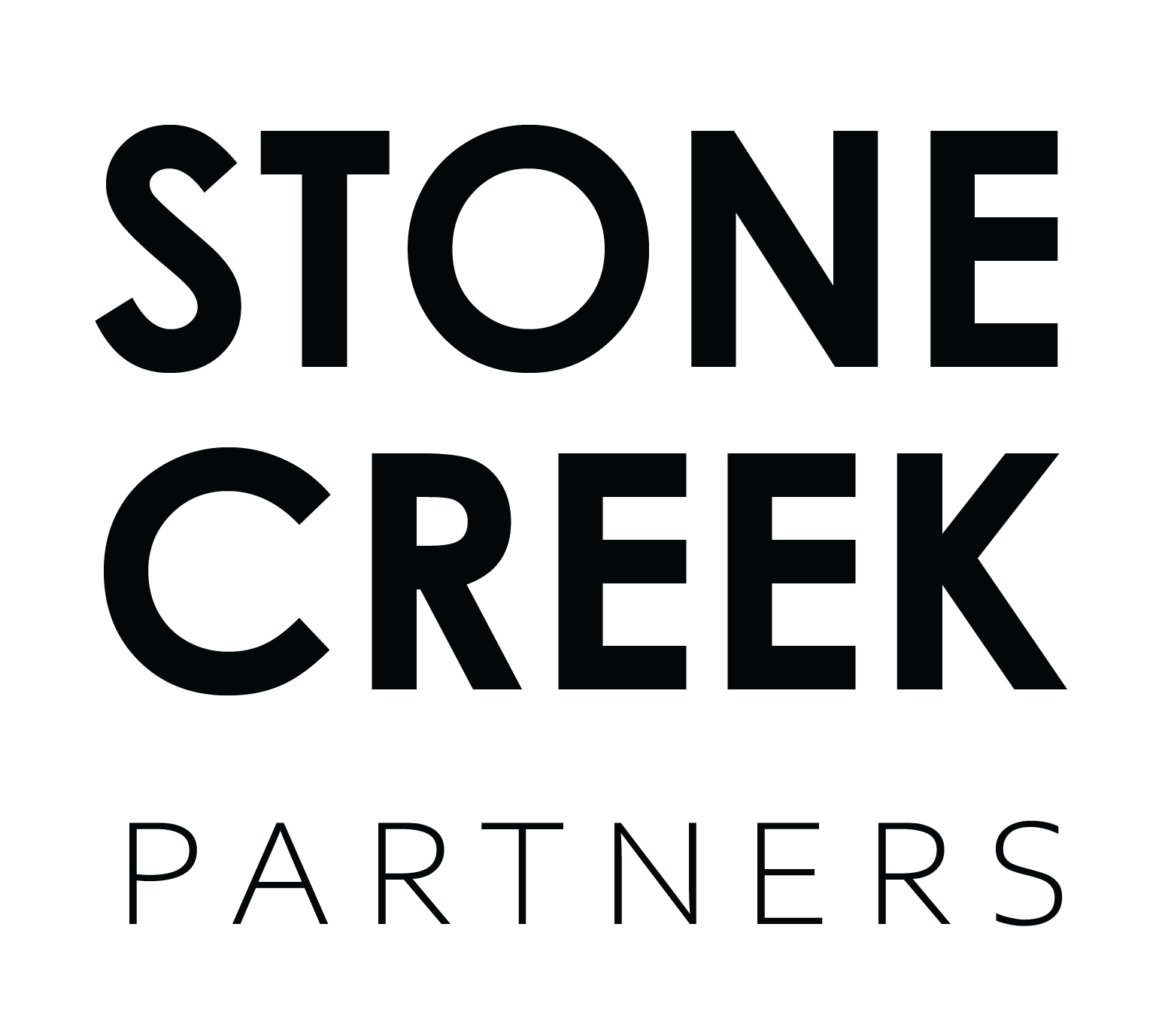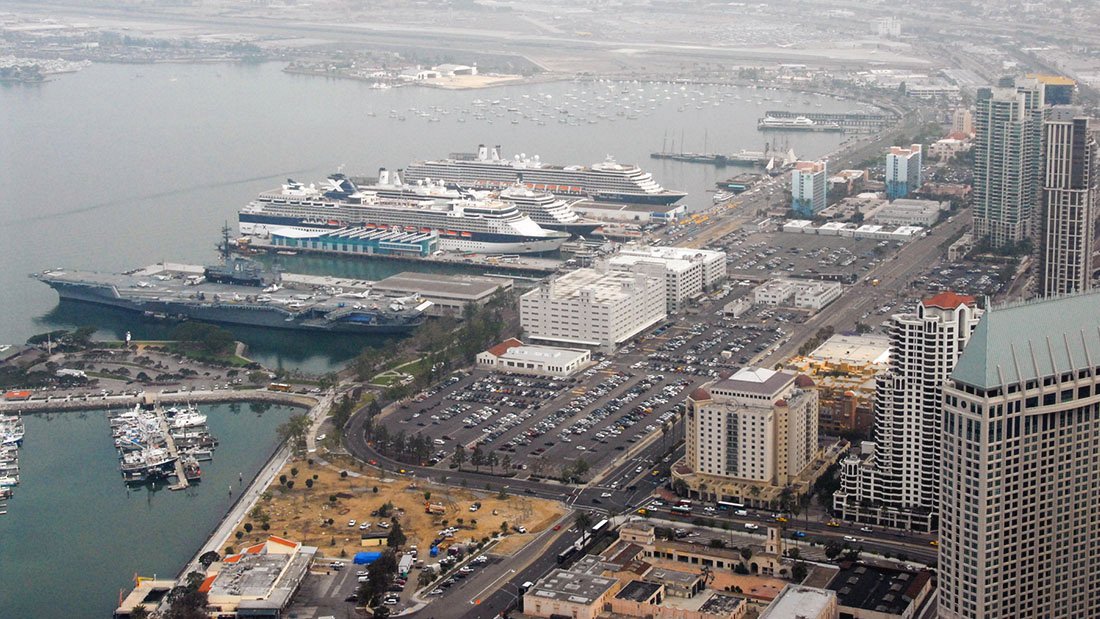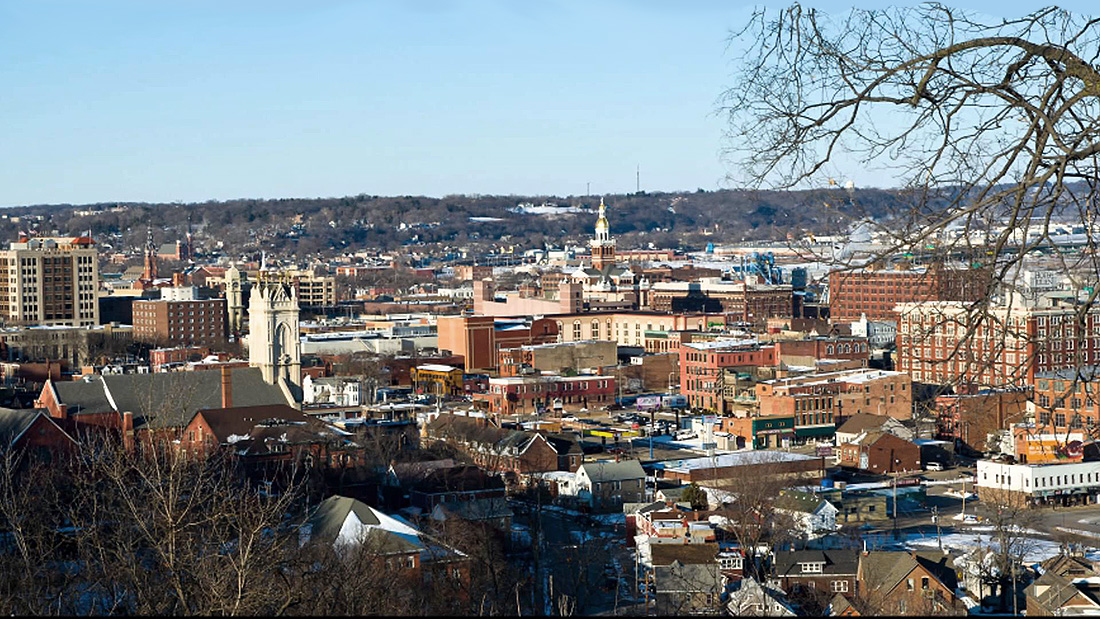AEC’s Growth Monitor
Researchers at Northwestern University have just published some interesting research, about “The universal pathway to innovative urban economies.” The researchers analyzed industrial employment and population changes in 350 U.S. cities between 1998 and 2013, including over 100 million workers.
Key conclusions from the research include an observation that innovative economies start to emerge when an urban population reaches about 1.2 million people. Along with this scale inference, the researchers noted that the transition to an innovative economy depends upon a a city’s ability to attract and retain certain “superlinear industries.” Superlinear industries include the arts, entertainment, professional services, science, and information technology, each of which can grow out of proportion to underlying population growth.
As reported in SciTechDaily, one of the researchers wonders if the remote work promulgated by the COVID-19 virus and distancing may slow down the rate of innovation, in general. The thinking is that innovation may require the spontaneous and serendipitous insights that come with incidental human interactions. This insight certainly rings true for those that have managed collaborative and creative teams; sometimes the best ideas emerge even as the linear ideation and problem-solving proceeds.
An excellent review of the research is available at SciTechDaily, HERE. The research as published is available for full review on the website of the American Association for the Advancement of Science, by clicking here: AAAS Research – The Universal Pathway to Innovative Urban Economies.



